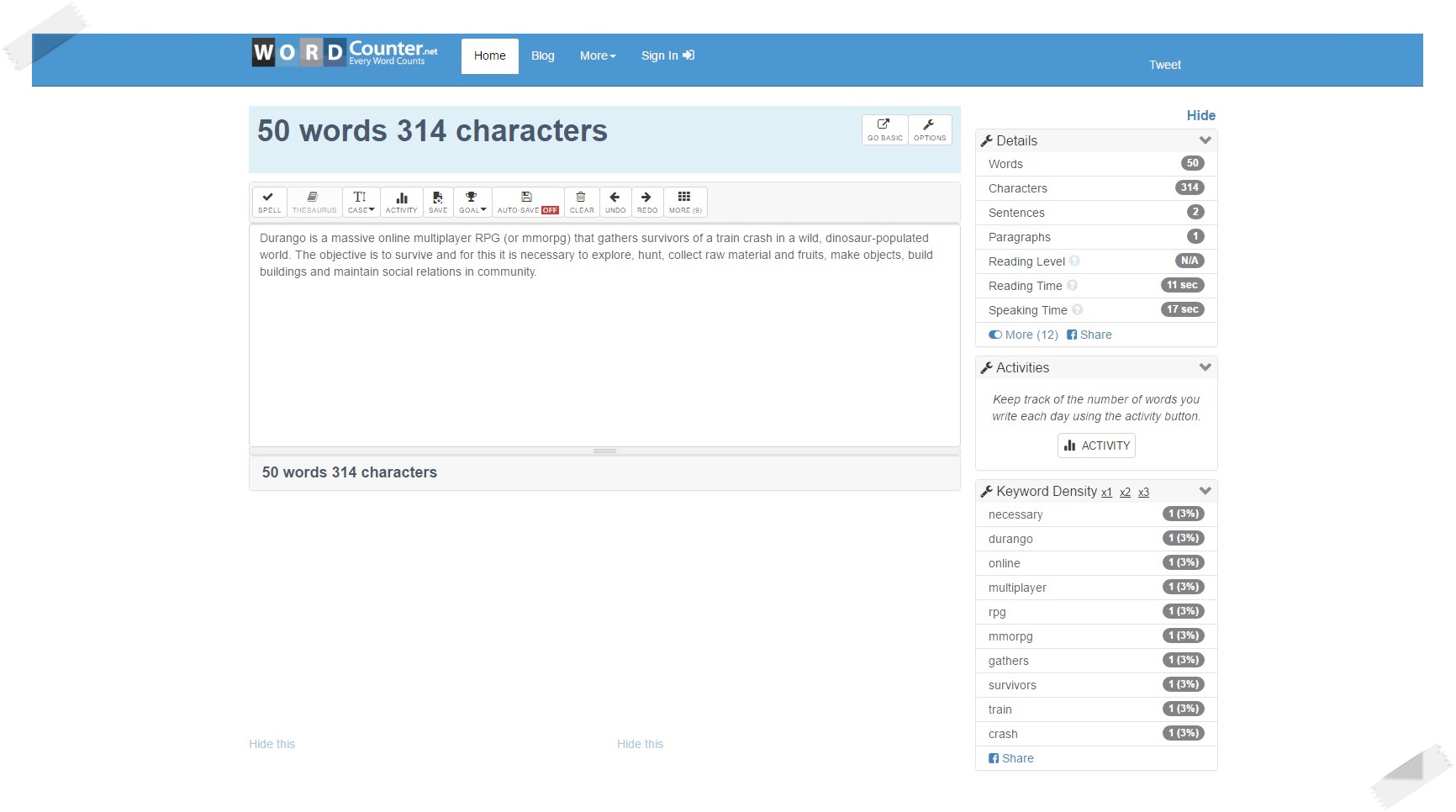

Sometimes, the word claim might have a legal or more serious connotation. You can use this list if you plan on traveling to a different country where English is not a primary language.
#Word counter on word how to#
People can make claims in many different countries and languages! Nice Translator will teach you all about how to say the word claim in languages besides American English and British English. This term comes from the Old French clamer and Latin clamare or claimen. Originally in Middle English, claim was a verb. The public did not believe the government’s claims that they were doing anything to make a difference with the problems in the country.Īfter she got injured on the job, the woman claimed unemployment benefits and explored the workers’ compensation law.Īfter he claimed that the man hit his car, he was hit with a counterclaim of defamation, which was the other person’s legal right. The people in the east migrated to the west to claim a piece of land before anyone else.
#Word counter on word upgrade#
He decided to upgrade his policy for the future. His insurance claim was denied because he had a low-grade insurance policy that did not cover anything. Question: Is the word claim a noun or a verb in the above sentence? He filed a claim with his insurance company to ensure he received the proper sum of money to repair his car after the accident. On the other hand, if the word claim is a verb, it will be an action. Here’s a hint: If the word claim is a noun, it will probably have an article before it. See if you can determine if each sentence uses the word claim as a noun or a verb. Read through the example sentences below, which contain the word claim. In daily life, you can use the word claim as a noun or a verb. A person who claims is known as a claimant or claimer. As a verb, claim can be intransitive or transitive, meaning to demand or assert a right to. The definition of claim as a noun is a demand or assertion. People might claim to know what the word claim means, but by the end of this article, you really will be an expert!Īccording to Dictionary, the word claim can be a noun or a verb. We will provide a few example sentences that contain the word claim, followed by translations of claim, synonyms of claim, and antonyms of claim. Here is another way to remember when to use affect and effect:Ī is for action (affect) E is for the end result (effect).You might have heard the word claim in idioms like “stake a claim” or “lay claim,” but what does the word claim mean? This article will cover the definition of our word of the day: claim. The "the word RAVEN" tip helps you use the right words in most situations: How to Remember the Difference Between "Affect" and "Effect" If the sentence still makes sense, effect is the correct word to use. If you’re unsure whether you’re using effect correctly, substitute it with another noun (e.g., outcome, result, consequence). Tourism has had a positive effect on the economy. The effect of the change can be big or small, but the fact that something changed is what makes the noun form of effect so important. So, if an event affects your life, you will feel the event’s effect.Īn effect is a noun, and it is the outcome of an event or situation that creates a change. Effect:Įffect is a noun, and it means the result of a change. If the sentence still makes sense, affect is the correct word to use. If you’re unsure whether you’re using affect correctly, substitute it with another verb (e.g., transform, modify, change). The independent variable affects the dependent variable. The result of the exam will affect your overall grade. Keeping up late tonight might affect your performance tomorrow. Use affect as the verb in a sentence when talking about producing change or making a difference. effect are tricky because many people pronounce them as homophones, which means, well, that they sound alike.Īffect means to influence or to produce a change in something. However, they have different grammatical roles one is a verb, and the other is a noun.Īffect is a verb that describes the act of producing a change in someone or something.Įffect is a noun that refers to the result or change itself, as in the phrase "cause and effect." They are pronounced similarly and both refer to change. "Affect" or "Effect" are two words that are often confused. What's the Difference?Īffect and Effect are different parts of speech, but they sound almost identical.


 0 kommentar(er)
0 kommentar(er)
